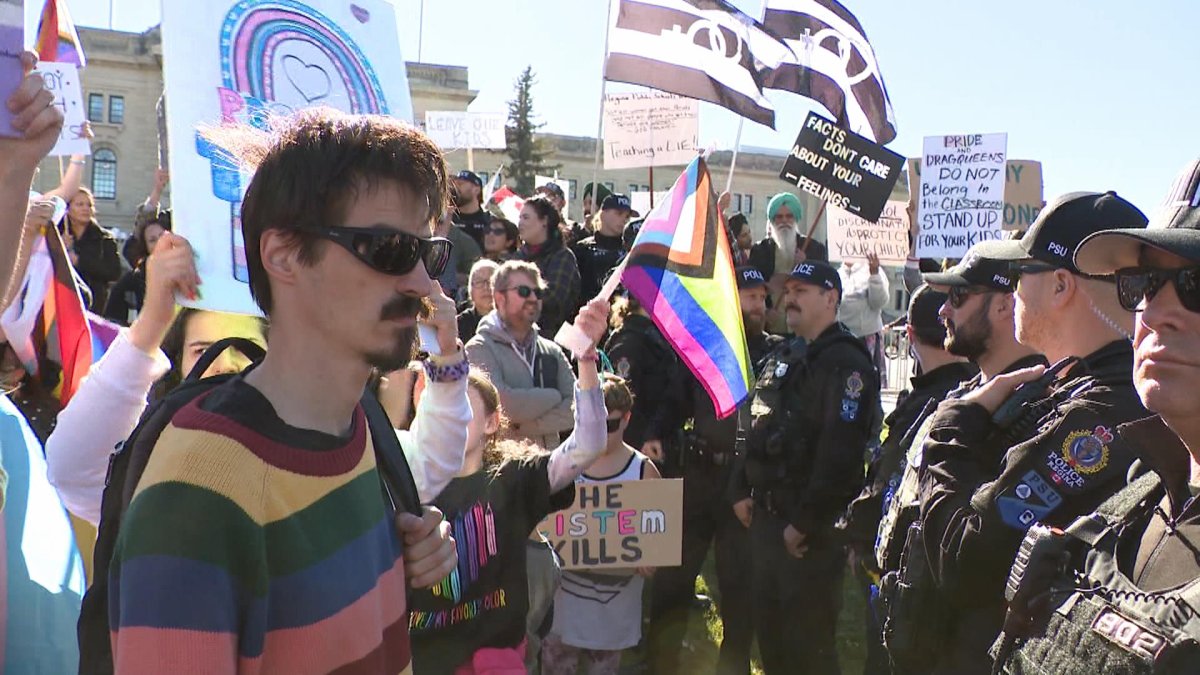REGINA – A judge has ruled a court challenge can proceed over the Saskatchewan government’s law requiring parental consent for children under 16 who want to change their names or pronouns at school.

Justice Michael Megaw says court can hear the challenge surrounding the Charter of Rights and Freedoms even if the Charter’s notwithstanding clause has been invoked.
Lawyers for UR Pride, an LGBTQ2 group in Regina, urged Megaw last month to allow the challenge, arguing the law limits the rights of gender-diverse youth who are entitled to a safe educational environment.
Lawyers for the Saskatchewan government urged the judge to dismiss the challenge on the grounds the law doesn’t breach the Charter and is in the best interest of gender-diverse children.

The province says the Charter wasn’t breached because Premier Scott Moe’s government used the notwithstanding clause to enact the law.
The notwithstanding clause is a rarely used measure that lets governments override certain Charter rights for five years.
Saskatchewan’s Minister of Justice and Attorney General Bronwyn Eyre said she was disappointed by the court decision, and that she was concerned that this may set a potential precedent on the use of the notwithstanding clause.
“We are still reviewing Justice Megaw’s decision. However, we remain committed to using all tools necessary to protect parental rights, including requesting a stay of this decision and an appeal all the way to the Supreme Court of Canada if necessary,” Eyre said.
She said the province won’t hesitate to use the notwithstanding clause to protect the Parents Bill of Rights from the section argument, calling it an “unprecedented Charter argument generally used in penal cases, whose legal threshold is that society would consider the ‘punishment’ ‘abhorrent’ and ‘intolerable.'”
Eyre claimed that most Canadians support parental rights.
She said she’d be reaching out to other attorneys general, adding that no superior court in the country has ever decided that it can issue a declaration regarding an alleged Charter breach, in the face of a validly invoked notwithstanding clause.
— With files from Global News’ Brody Langager







Comments